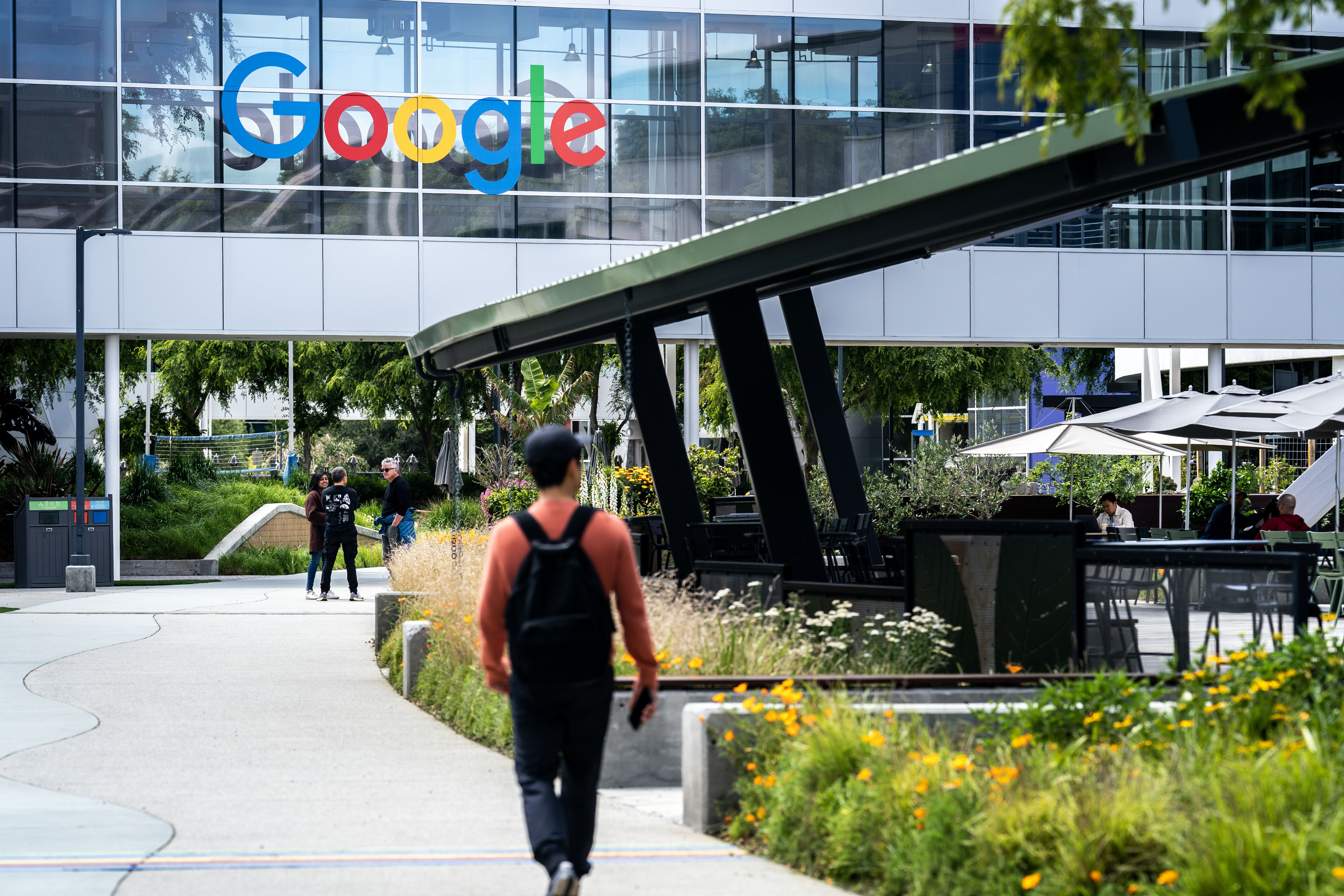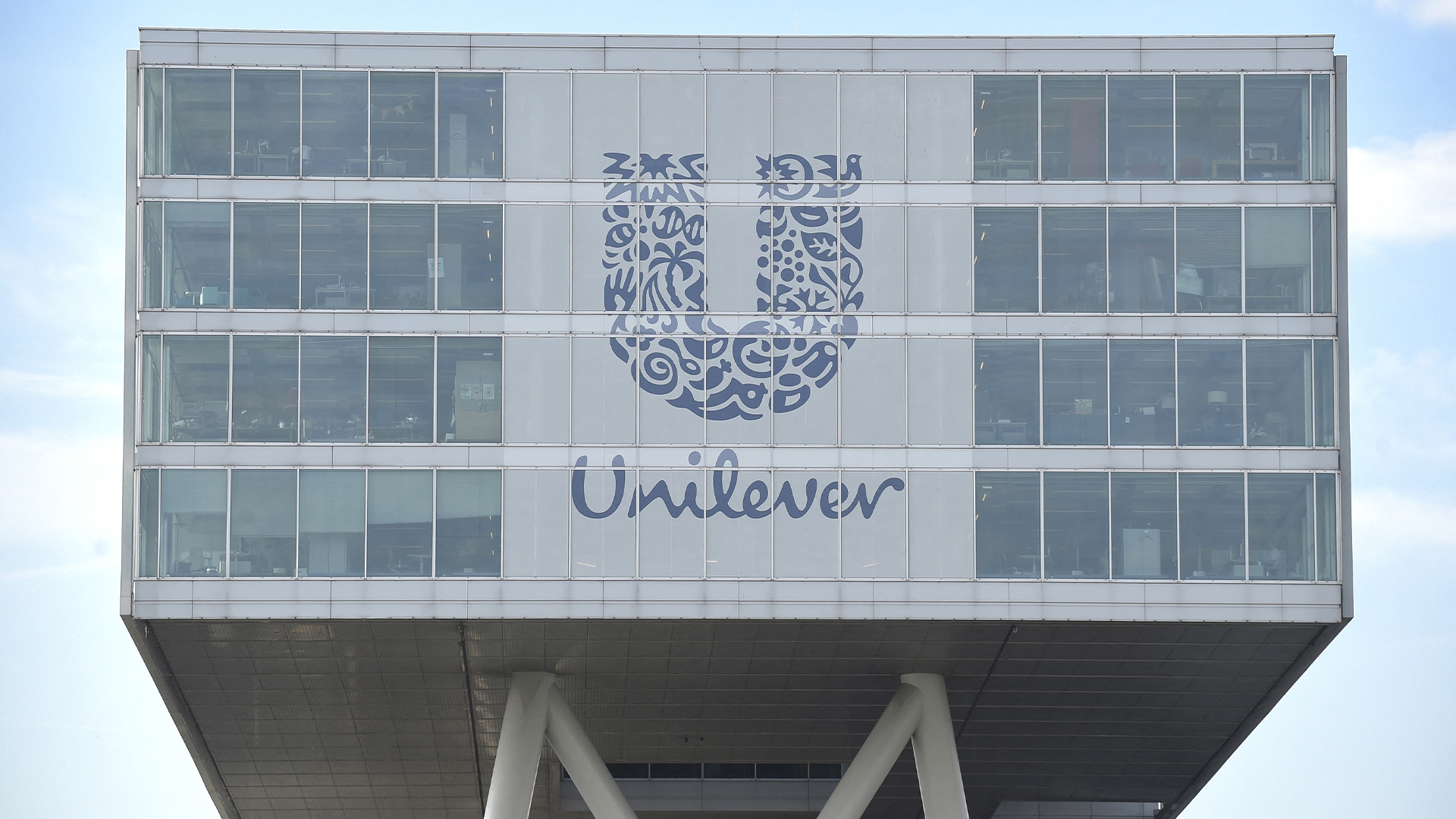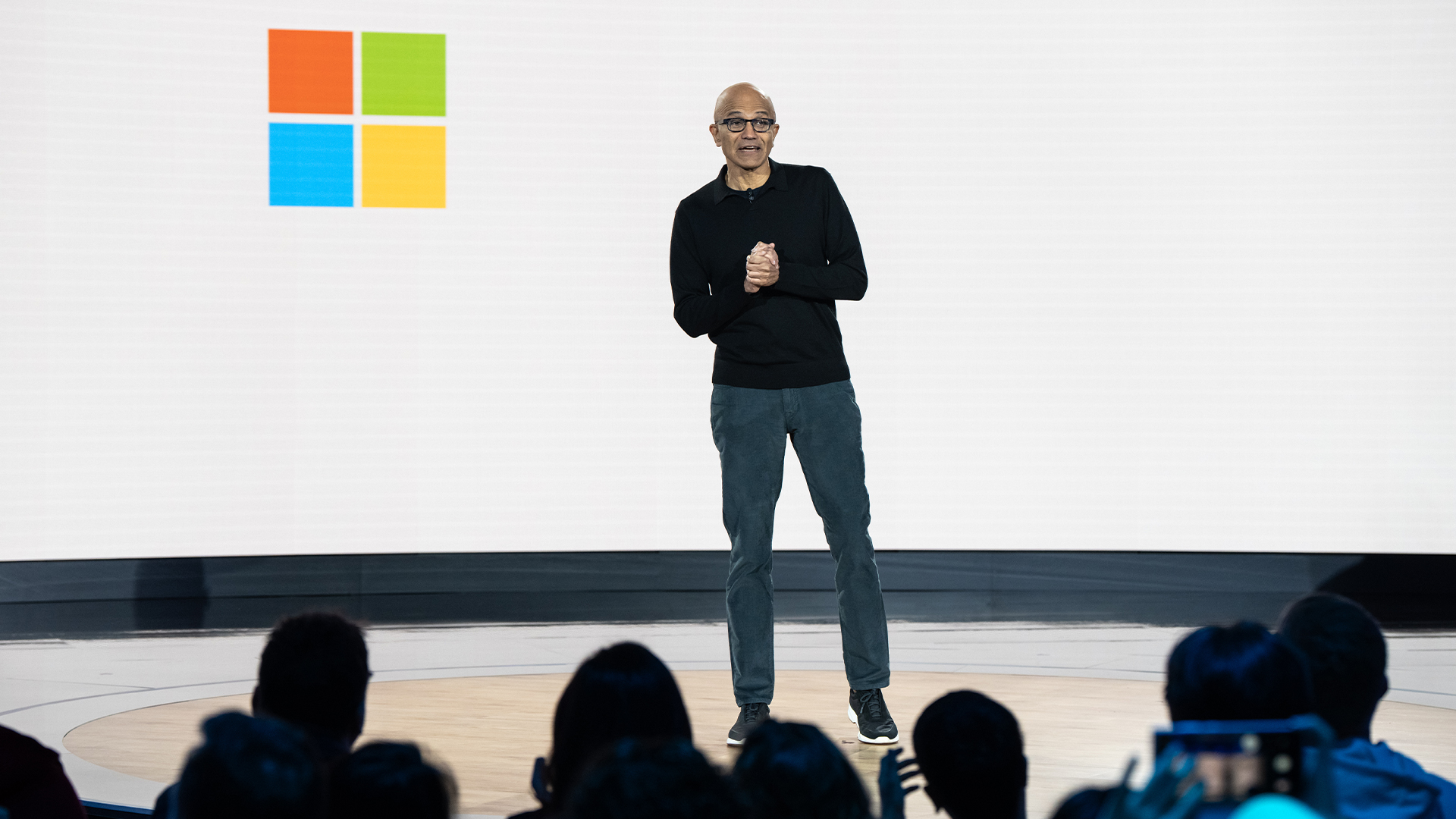Google eyes its own on-campus Hotel California in $99 'summer special' lure
The latest drive to get workers back into the office is a shallow tactic to pressure staff into conformity


Sign up today and you will receive a free copy of our Future Focus 2025 report - the leading guidance on AI, cybersecurity and other IT challenges as per 700+ senior executives
You are now subscribed
Your newsletter sign-up was successful
Big tech’s latest attempt to lure workers back into the office has entered the realm of the bizarre. Framed as a way to help staff ‘re-transition’ into hybrid work, Google is offering staff a discounted $99 per night rate at its Mountain View hotel, according to CNBC.
READ MORE

Taking up this offer would give staff “an extra hour of sleep” and “less friction” getting to the office. Sounds ideal, doesn't it?
Not quite. This latest move borders on dystopian, and seems like a shallow attempt to pressure workers into conforming to Google’s rigid views on office attendance.
Even if you were to ignore the obvious issue here, the $99 nightly rate for a hotel room to work, this actually equates to just below the median cost of an apartment in nearby areas. Furthermore, it could quite clearly isolate staff and further deteriorate their work-life balance. Working from home is one thing, working from a hotel on-site sounds like a living nightmare.
Eat, sleep, code, repeat
Google, along with other big tech firms hellbent on pushing workers back into the banal nine-to-five routine, has long positioned in-person attendance as key to fostering creativity, productivity, and improved well-being. This is largely borne from the buzz of being surrounded by your peers.
In 2021, Google went so far as to warn remote and hybrid work could “harm company culture” and be to the detriment of both staff and the broader organization.
But this aspect of the creativity and productivity argument is voided if you coop people up and separate from their families on a campus akin to some bizarre military boot camp. Working from a hotel, on-site can’t possibly offer advantages over working from home, where staff are most comfortable.
Sign up today and you will receive a free copy of our Future Focus 2025 report - the leading guidance on AI, cybersecurity and other IT challenges as per 700+ senior executives
Furthermore, Google, in its divine wisdom, could simply “remove the friction” of travel by allowing staff to work remotely on their terms. Remote working isn’t exclusive to the home, and workers around the world are choosing to work from alternative locations or hotdesk.
My way or the highway
Since the onset of the pandemic and the shift to remote and hybrid working, Google boasts an exhaustive track record of pushing for a return to the office.
RELATED RESOURCE

The 3D skills report
Find out how designers can future-proof their careers and what they need to do to thrive in a fast-changing landscape.
Earlier this year, it revised its hybrid work practices and introduced a series of widely criticized policies that would see in-office attendance tracked by badge scanning at company sites.
At the time, it was reported that metrics obtained on in-person attendance would be taken into account in performance reviews. Chief people officer Fiona Cicconi said the firm’s approach aimed to foster closer collaboration among staff, adding there’s “no substitute for coming together in person”.
Combine badge tracking policies with an on-campus living environment, and Google has all the makings of its own contained Los Alamos-style workplace.
Growing real estate woes
Of course, this entire debacle comes amid a period of real estate re-evaluation for Google and other businesses.
READ MORE

In February, the tech giant began asking employees at its cloud division to share desks at several sites across the US as part of a “real estate efficiency” drive. The firm asked staff to buddy up with colleagues and alternate shift patterns at several sites, including Kirkland, Washington, New York City, San Francisco, Seattle, and the Sunnyvale office in California.
Google may be concerned its extensive real estate portfolio isn’t being fully utilized, and is instead opting to dangle what it believes to be a highly enticing carrot. But the circumstances in which it’s presented this 'summer special' appear so nefarious that employees must now be questioning how far Google will go to ensure they can scan badges – all while trying to ignore HR emails on their upcoming appraisal session.
Perhaps, if they’re lucky, staff can enjoy the “magic hallway conversations”, cited as a key motivator behind the policy revamp. But it’s far more likely they’ll be stuck in a perpetual loop of working and then returning to Google's own Hotel California. The work-life balance had a good run.

Ross Kelly is ITPro's News & Analysis Editor, responsible for leading the brand's news output and in-depth reporting on the latest stories from across the business technology landscape. Ross was previously a Staff Writer, during which time he developed a keen interest in cyber security, business leadership, and emerging technologies.
He graduated from Edinburgh Napier University in 2016 with a BA (Hons) in Journalism, and joined ITPro in 2022 after four years working in technology conference research.
For news pitches, you can contact Ross at ross.kelly@futurenet.com, or on Twitter and LinkedIn.
-
 ITPro Best of Show NAB 2026 awards now open for entries
ITPro Best of Show NAB 2026 awards now open for entriesThe awards are a fantastic opportunity for companies to stand out at one of the industry's most attended shows
-
 Mistral CEO Arthur Mensch thinks 50% of SaaS solutions could be supplanted by AI
Mistral CEO Arthur Mensch thinks 50% of SaaS solutions could be supplanted by AINews Mensch’s comments come amidst rising concerns about the impact of AI on traditional software
-
 ‘We must lead this shift’ Unilever taps Google Cloud to supercharge business transformation and pioneer 'agentic commerce'
‘We must lead this shift’ Unilever taps Google Cloud to supercharge business transformation and pioneer 'agentic commerce'News The deal will create a new model for how consumer packaged goods brands are discovered and bought, according to Unilever
-
 European Commission clears Google’s Wiz acquisition, citing 'credible competition' from Amazon and Microsoft
European Commission clears Google’s Wiz acquisition, citing 'credible competition' from Amazon and MicrosoftNews Regulators said there are “several credible competitors” to Google regardless of the acquisition
-
 Are hyperscalers backing out of Net Zero?
Are hyperscalers backing out of Net Zero?ITPro Podcast Expanding data center construction and demand for high-energy workloads are pushing hyperscalers off course on carbon
-
 Microsoft CEO Satya Nadella says UK ties are 'stronger than ever' as tech giant pledges $30bn investment
Microsoft CEO Satya Nadella says UK ties are 'stronger than ever' as tech giant pledges $30bn investmentNews Microsoft CEO Satya Nadella says it's commitment to the UK is "stronger than ever" after the tech giant pledged $30bn to expand AI infrastructure and build a new supercomputer.
-
 Microsoft could be preparing for a crackdown on remote work
Microsoft could be preparing for a crackdown on remote workNews The tech giant is the latest to implement stricter policies around hybrid working without requiring a full five days in the office
-
 Half of British companies want an end to hybrid working – but they’re playing with fire if they expect employees to comply
Half of British companies want an end to hybrid working – but they’re playing with fire if they expect employees to complyNews A survey by British Chambers of Commerce suggests approval of hybrid working depends on sector
-
 Alphabet to spend $10bn more this year on cloud kit — taking total to $85bn
Alphabet to spend $10bn more this year on cloud kit — taking total to $85bnNews Google tops up AI and cloud infrastructure spending amid AI boom and positive results
-
 Google CEO Sundar Pichai is unfazed by AI job cuts — workers might not share the same optimism
Google CEO Sundar Pichai is unfazed by AI job cuts — workers might not share the same optimismAnalysis Google CEO Sundar Pichai is upbeat about the impact of AI on the workforce, but workers might not share the same optimism amid repeated waves of job cuts.